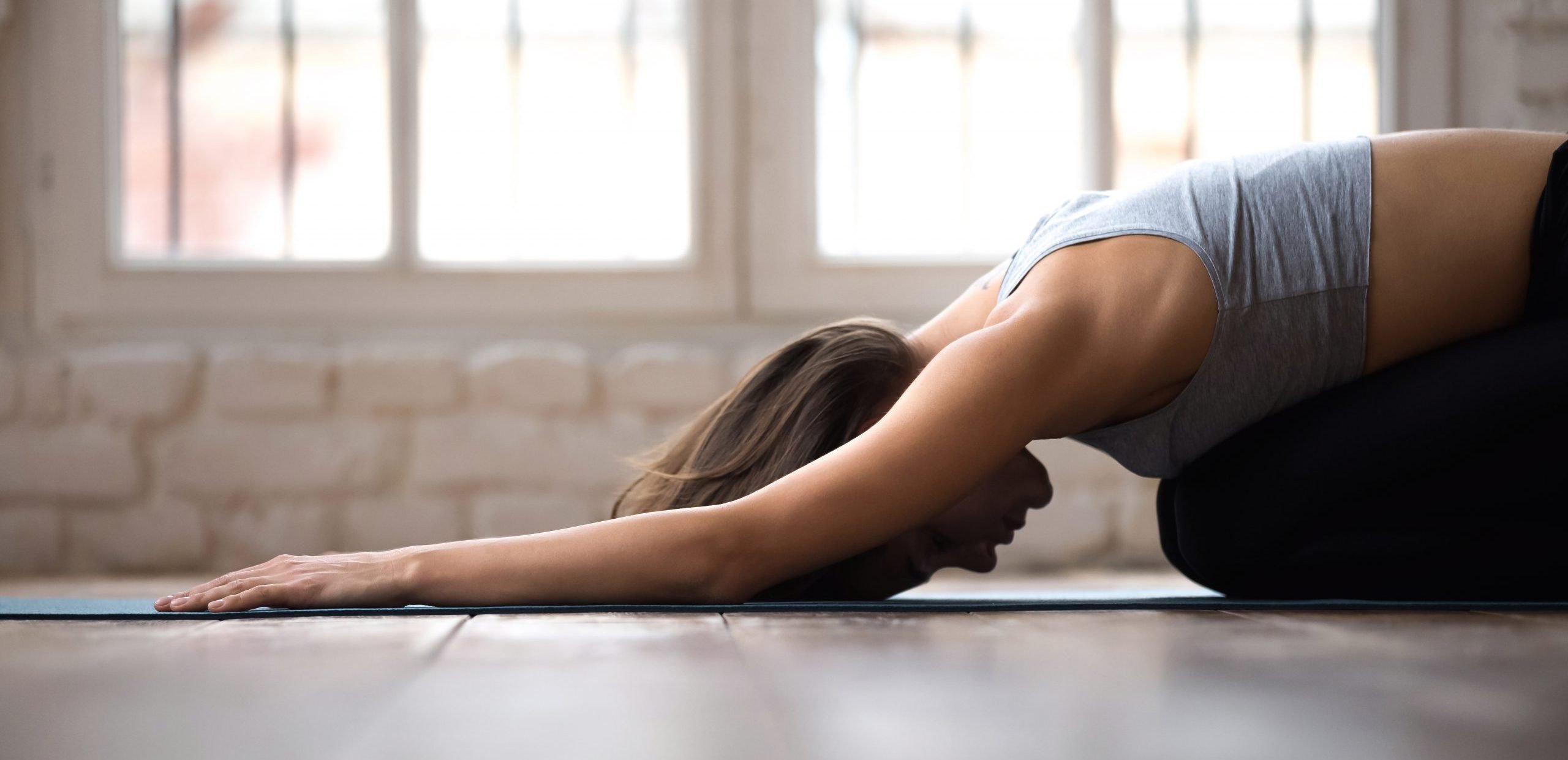|
|
Angie Holstein, MSW, RSW
Social Worker, Psychotherapist
Happy Mental Health Week 2018!

All people have experienced anxiety; a feeling of intense fear. That is a normal human experience. However, anxiety can become problematic if it is experienced frequently, with increasing intensity and/or in situations that should not be as stressful as they are felt. Two of the most common anxiety conditions are free floating or generalized anxiety and panic attacks. Regardless of what they are called, these feelings of fear and dread can become so extreme that it interferes with people’s overall mental health, their ability to go to school, socialize, sleep, etc.
The Mental Health Commission of Canada’s (2014) report indicated that 5% of the population were diagnosed with an anxiety disorder, proportions being higher among young women and in Aboriginal populations.
It is important to remember that anxiety itself serves a purpose. Our goal isn’t to dismiss it completely, but to learn healthy strategies to manage it within our lives. That goes for all of us, even if you don’t suffer from an anxiety disorder. If you reflect for a moment, you can likely think of ways you have naturally been dealing and coping with it in the best ways you know how. The key is becoming more skilled in noticing, identifying and soothing it in the same way as stress, sadness or other difficult emotions.
In one of my earlier articles, we discussed the body’s stress response which is the system within the body and mind that the feeling of anxiety is part of. The body’s fight, flight or freeze response is triggered by the perception of danger within your environment, including thoughts anticipating shame or embarrassment. Your system is flooded with norepinephrine and cortisol. This is the body’s alarm system going off (imagine a train whistle going off), which within its design, gives you a boost to your perception, reflexes and speed when the alarm is triggered. Three things happen: increased heart rate, increase rate of breathing and blood pressure goes up as the blood gets pumped to your large muscle group, preparing them to run or fight. Ideally, once the danger passes, your body goes back to a normal resting state. Unfortunately, we know that more and more people are living in this more chronic state of stress and anxiety triggered by social media, work, family demands, traffic, etc. This is problematic.
Life can be full of anxiety provoking events and circumstances. Researchers have demonstrated that some individuals are more prone to anxiety as a result of genetics and the environment that they grew up in. For whatever the reasons, thankfully, there is hope. Harvard Medical School researchers have shown through brain scans and data that deep-rooted tendencies toward anxiety could be physiologically and even anatomically altered through anxiety management techniques such as relaxation practices.
Here are some of my favorite tools for managing anxiety.
- Start to Notice: Pay attention and learn about your signs that your alarm system is going off. Where are you? What do you feel in your body? Is your stomach churning, muscle tensing, bladder relaxing, dry mouth etc.? Identify where those changes are occurring. What does your mind feel like? Are you having thoughts that are racing, difficulty focusing, dizzy? What are you thinking? What emotions are you feeling? Simply the act of noticing is known to sooth the alarm system to a less heightened state.
- Breathe: Notice your breathing patterns throughout the day and intentionally practice deep slow breathing when stressed. When anxious and stressed we tend to breath more shallow. Anxiousness and worry feels much worse when we are not well oxygenated and can lead to muscle tension.
- I find great results with the “4-6-8” breath technique. Simply breathe in cool air through your nose for 4 counts, hold it deeply in your lungs for 6 while allowing yourself to feel the tension and pressure and finally breathing out through your mouth for 8. Allow yourself to feel the tension and loosening in your body as you relax. Research tells us that 3 effective breaths can reroute the neural pathways wired for stress to a more relaxed pathway.
- Learn ways to induce your body’s natural Relaxation Response to counter the Stress Response (alarm system). Learn and practice regularly. Harvard researcher Dr. Herbert Benson coined these terms in the mid 1970’s. Through a relaxation exercise or a mini relaxation exercise (less than 5 minutes) you can induce the psychological response that will decrease muscle tension, heart rate, blood pressure and levels of stress hormones. There are an abundance of relaxation ideas online and through self-help books. Some examples being “4-6-8” breathing, www.donothingfor2minutes.com, www.stopbreaththink.com, nature sounds combined with breath etc. Be creative and keep trying until you find what works for you. Don’t give up!
- Manage Worry: If you are finding yourself obsessing or becoming distracted by a problem or a few, designate a focused time for it. Without focused time on specific problems, these intrusive thoughts can become a vicious cycle.
- Pick a time in the evening to practice your Worry Time. Make sure you have time in between Worry Time and bedtime so not to interfere with your sleep. Find a quiet place where you are likely not to be disturbed. Set a timer for 5-10 minutes. Let yourself know this is the time you are allowed to worry for. You don’t want to make the time too long so that you cross over from worry to ruminating to worsening anxiety. Sit down with a pen and paper or computer and start the timer. Begin writing down all your worries. No worry is too big or too small for this exercise. When the timer goes off – STOP! Turn the paper over or turn off the screen even if you are in the middle of a sentence. Get up and try to immerse yourself in a different activity to soothe your mind away from the trail of worried and anxious thoughts. Throughout the day, when worries come, gently and compassionately take note. Tell yourself “ok I noticed, and this is something I will need to worry about tonight in my Worry Time”. Feel free to write the thought and feeling down so you can come back to it later.
- Reduce Caffeine: If you are feeling anxious, stressed and having sleep difficulties it is an important first step to review your caffeine intake.
- Take Care of Your Sleep: If you are sleeping less than 6 hours per night you are likely looking at one of the primary causes of your anxiety. Sleep is one of the key pillars for overall wellness. Poor sleep patterns make it difficult for us to regulate our emotions during the day. Anxiety also makes it hard for us to sleep but if you can try sleep techniques to get you to 7-8 hours per night, you will see an immediate difference in your mood.
- Get Help: Don’t white knuckle anxiety on your own. See your health care provider (Physician, Naturopath, Homeopath, etc.) to assess causes. If determined to be primarily psychological, you can talk about options such as medication, remedies, acupuncture, lifestyle and psychotherapy.
These are a few techniques to get you started. There are many techniques to support you to build your skills and confidence to manage anxiety.
“You can’t always control what goes on outside. But you can always control what goes on inside” – Wayne Dyer.




